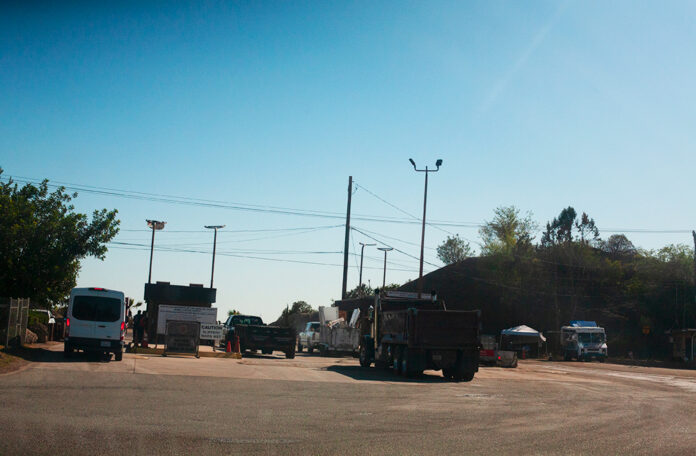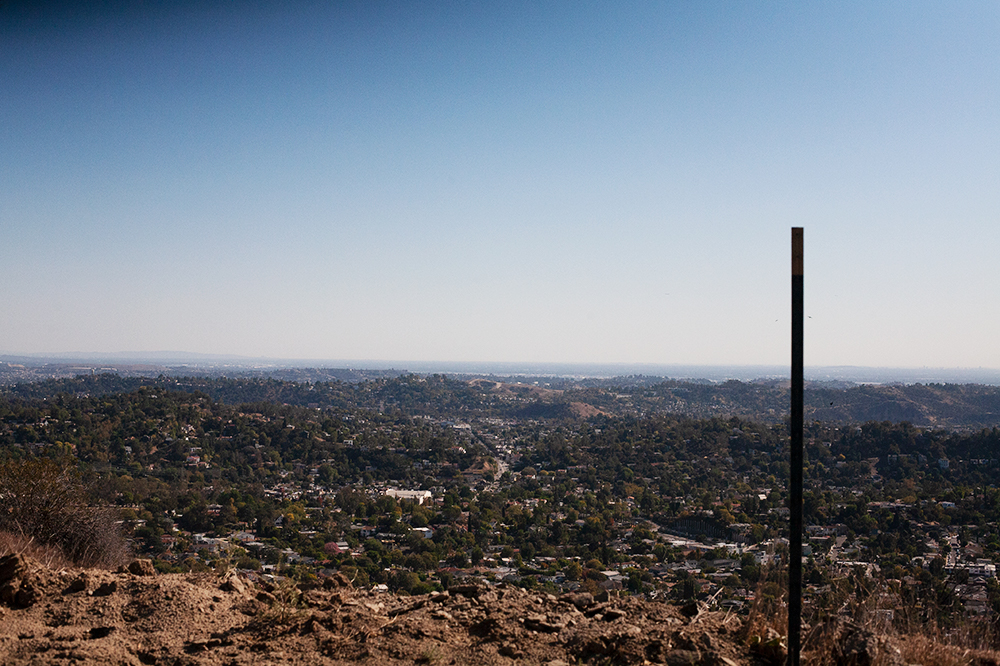
The Scholl Canyon Landfill in Glendale is scheduled to be shut down by 2025, and proposals for the use of the land have been disputed by community residents and city leaders. The Glendale City Council voted 3-1 Sept. 20 to postpone for four months the consideration of contracts to build a methane-burning power plant at Scholl Canyon. This event follows over two years of negotiation and ongoing community input surrounding the future of the landfill.
Scholl Canyon has long been considered an opportune location by Glendale Water and Power to build Glendale’s next energy source, but local groups have opposed proposals that are not clean or renewable. President of the East Area Progressive Democrats (EAPD) Hans Johnson said this landfill is a particularly detrimental spot for a new power plant.
“We are very concerned about that pollution source on which this gas plant is due to be placed,” Johnson said.
Glendale City Manager Roubik Golanian and city councilmember Ara Najarian ‘82 both said there will be a major increase in the need for energy in Glendale in the coming years. Johnson said the EAPD believes that this need can be met by renewable energy sources.

Najarian said that although the Glendale City Council has already approved a plan to build a power plant at Scholl Canyon, it will revisit the consideration of contracts for the power plant after four months of community engagement.
Najarian said that the city council has looked at proposals for a solar field and that it would be built in conjunction with a power plant. He said he voted against the delay due to issues of cost escalation.
“Every month delay in getting the plan operating results in about $1 million of extra electricity expense that we have to pay,” Najarian said.
At the Sept. 20 city council meeting, Mark Young, the general manager of Glendale Water and Power, presented an estimate of $50 million over time for the maintenance of the power plant, rather than the $15 million estimation that was previously presented.
“It just underscores a lot of concern about the viability and the safety of such a plant when Glendale staff cannot give clear answers about its cost, its duration or power that it would generate,” Johnson said. “This was originally promised to be something like a 12-megawatt energy output to Glendale, and now it’s been downgraded to 11 MW.”
Najarian said the electricity that would be provided by the power plant justifies the costs. According to Golanian, the city of Glendale would be able to afford the project with its utility budget.

Local groups such as EAPD and the Glendale Environmental Coalition have raised specific concerns regarding the effects a methane-burning power plant will have on the air quality and safety of residents in the community.
“What we have heard is that there is a minor increase in air quality pollution. It is still insignificant under the current air quality standards, but it is greater than the flaring and the methane gas,” Najarian said.
Flaring is the process of burning unwanted methane. The proposed power plant would instead convert methane into energy.
“Based on the modeling that we have received from the third-party independent consultant, the project will actually be safer than what is happening, which is flaring,” Golanian said.

Najarian said the main reason why the rest of the council voted for a delay in considering the contracts for the plant was to make the Glendale community feel heard.
“It was just to try and smooth over some ruffled feathers. Almost everyone on the dais said, ‘Well, we know we need this, but let’s just delay it. Let’s work with the community to explain this better to them,’” Najarian said.
Golanian said that a four-month delay does not indicate any plans for the city council to rescind its previous approval of building the power plant.
Nevertheless, Johnson said the delay shows a good faith effort from the city.
“We’re not solely focused on outcomes. We want to see richer discussion and fuller evaluation of options,” Johnson said. “Glendale needs to do right by the people who are being injured and whose health and lives it continues to treat as expendable after six decades of dumping. And trust, as we know, doesn’t come with shortcuts. It takes time, it takes engagement. It takes the efforts towards transparency and honesty.”
Contact Ava LaLonde at lalonde@oxy.edu.
![]()



































